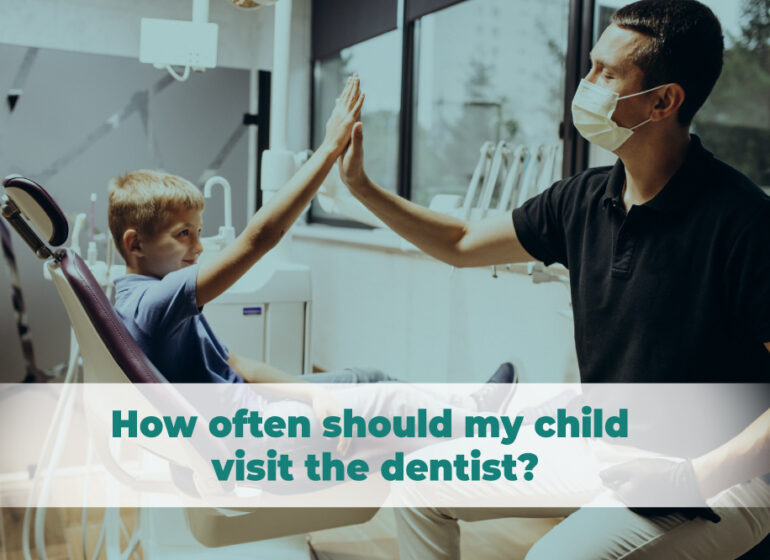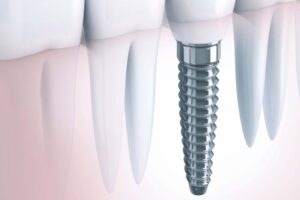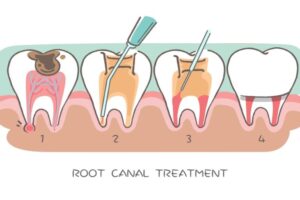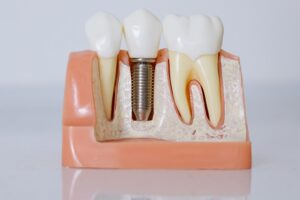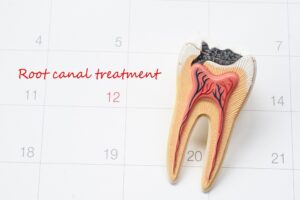It is a completely normal reaction for a child to be frightened when they are going to the dentist for the first time or even the first few times if there are long stretches between early visits. It is a new environment, there are instruments all over the place and strangers want to look into their mouths.
Here are four ideas for alleviating a kid’s dental anxiety and making visits easier for both of you:
Visit a Pediatric Dentist at a young age and drop by a day or two before the actual appointment:
The Academy of Pediatric Dentistry recommends that kids have their first dental checkup when they get their first tooth or not later than their first birthday. The initial visit is quick and usually more informational. After Graduation from the Dental College, the Dentist goes through two to three years of additional training and they are taught not just about children’s oral health but are also taught about child development and psychology, enabling the Pediatric Dentist to communicate effectively with young patients.

Before your child’s actual appointment, try and drop by the dental office so they can familiarize themselves with it:
A lot of the time, children become scared in new environments. Eliminate that factor by letting your kid get to meet the team and learn the office surroundings before they come for their actual appointment. You can also bring them along to your own dental appointment because your pleasant experience will reinforce confidence in the child to undergo the dental treatment.
Talk to them about the Dentist and Oral Health and avoid using negative language:
It is a good idea to discuss regularly with your child, why it is so important to take care of our smile, the role of the teeth and gums, and how the tooth doctor can help. A few days before going to the dentist for the first time or any time, chat about it. Don’t go into too much detail. Tell them very briefly and simply what to expect using words they can understand and answer their questions. Your child shouldn’t have to worry about potentially scary things. While you may want to be upfront and honest with them, it is best to avoid negative words, such as “pain”, “hurt” or “shots”. Try and make your kid understand that the dentist and their team are there to help them become stronger and healthier, not to punish them for having cavities. Positive reinforcement goes a lot farther than using negative language to encourage your child to take good care of their teeth.

Schedule Wisely:
Sometimes, dental anxiety in children isn’t dental anxiety but the result of a child facing a new scenario when they’re tired, hungry, or already over-stimulated. Schedule your appointment when your little one tends to be most cooperative and happier, like after their daily nap or in the morning following a full night’s sleep and a good breakfast.

